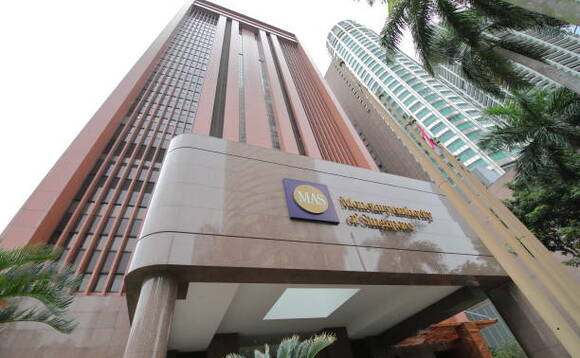In an update published by the Monetary Authority of Singapore (MAS), the regulator has cited "complexities" in its decision to delay the latest milestone in its quest to establish a framework for equitable sharing of losses arising from scams.
Previously, in February 2022, the MAS stated that it would publish the framework within three month's time, when it would then be taken to the stage of public consultation on the proposed measures.
It stated at the time that work had been ongoing since July 2021 by the Payments Council (set up in 2017 by MAS), to "provide clarity on how losses arising from scams are to be shared among consumers and financial institutions."
However, in its latest update, MAS stated: "The process of developing the framework is...taking longer than expected in view of the complexity of the issues and the importance of ensuring that the loss sharing and accountability approach incentivises all key parties in the ecosystem to be vigilant against scams."
"MAS is keenly aware of the importance of this framework and will publish the consultation paper as soon as possible."
The regulator previously set out factors it said financial institutions ought to implement to meet the objectives being identified through the work on the framework. These included "robust controls to safeguard customer accounts, and effective measures to detect and respond to suspicious transactions."
But it also highlighted that there is a burden of responsibility on the customer: "Customers have the responsibility to take necessary precautions, especially by never giving away personal or banking credentials to anyone, never clicking on links in SMSes or emails which are claimed to be sent by a bank, and transacting only through the bank's official website or mobile application."
MAS warned in February that "goodwill payments" to customers by OCBC "do not set a general precedent for future cases". Hence the need for the framework to be published ahead of the public consultation, which other than the sharing of losses will also cover "the responsibilities of other key parties in the ecosystem".










